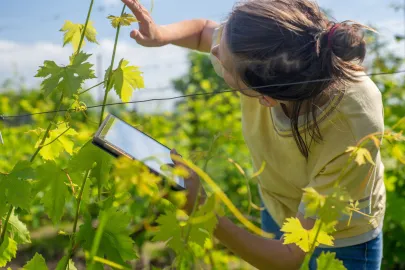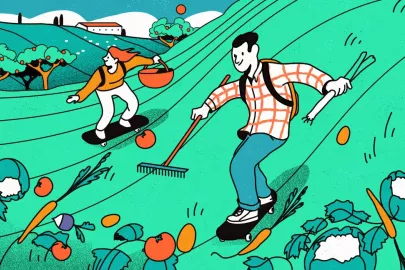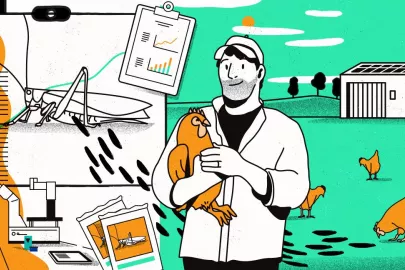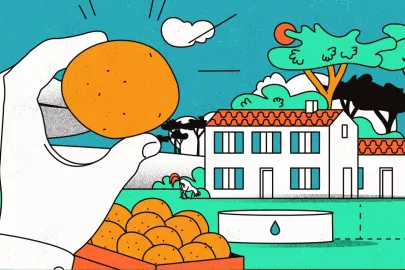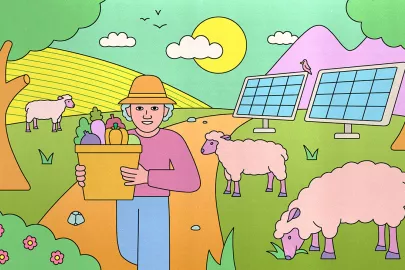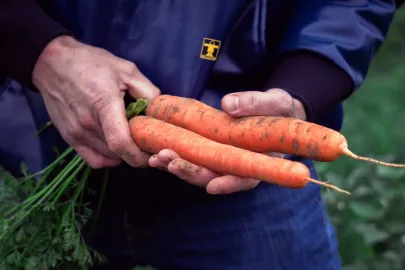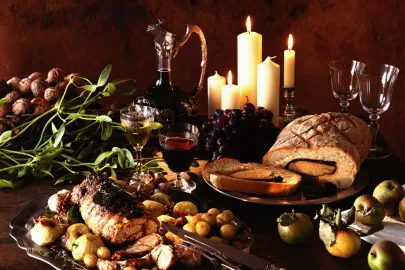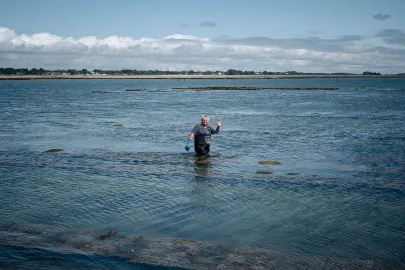As of January 1, 2022 – under the provisions of the French law of October 30, 2018 – at least 50% of products served in French school canteens must derive from sustainable farming processes. Some establishments go still further, and now have 100% organic menus, more and more of which feature locally-sourced produce – a major step forward.
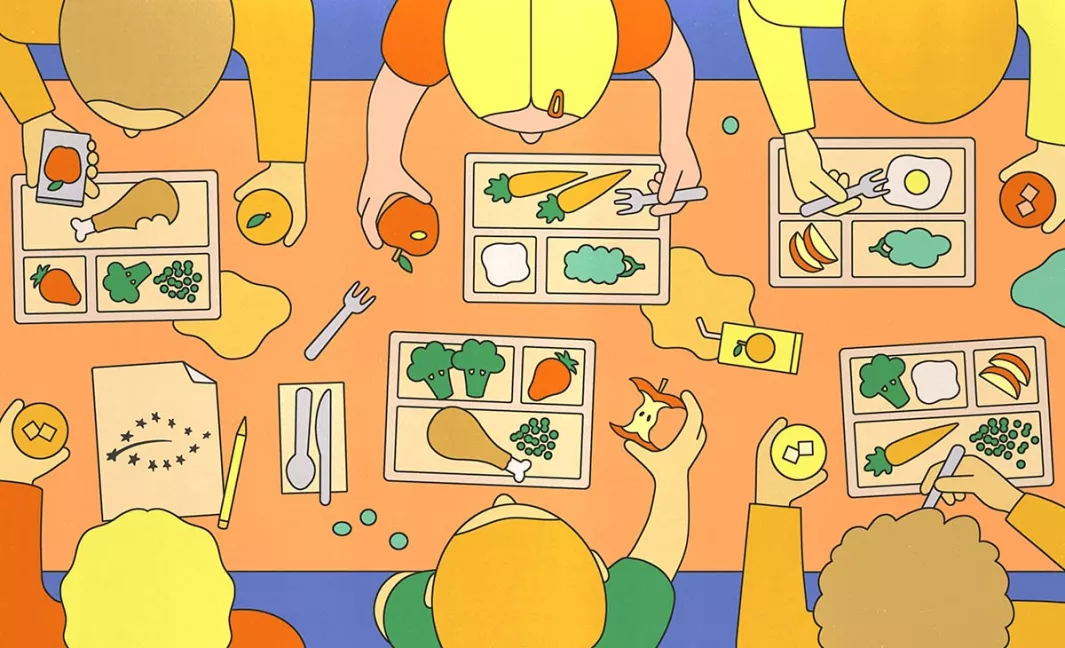
Every lunchtime, at the École du Domaine du Possible school, located in the heart of the Camargue National Park in the south of France, children tuck into meals created by the chef from products grown in part by the team of in-house market gardeners. Even the eggs are sourced from the estate’s own hens. In this private establishment, founded by Jean-Paul Capitani and ex-French culture minister Françoise Nyssen, the sharing of culinary skills is an integral part of the academic syllabus. Other (public) schools have long been serving up meals that feature organic produce and short production chains. In the commune of Langouët in Brittany, for example, the dishes served to the local kids have been 100% organic since 2004, from vermicelli soup to chicken fillet with cream and pan-fried vegetables to caramel flan.
And such cases are no longer exceptional. As of January 1, 2022 – under the provisions of the French law of October 30, 2018 – at least 50% of products served in French school canteens must be sustainable and high quality, with a 20% component from organic farming. Not to mention the compulsory introduction of a weekly vegetarian meal, a major step forward, given the magnitude of the issue of future generations’ diets. But how to make the transition to organic foods while juggling tight budgets? The key issue comes at the supply stage. In Langouët, the municipality has chosen to work with a group of local farmers who supply the canteen daily with fresh vegetables. At the Ecole du Possible, neighboring sheep breeder Emmanuel Lafaye regularly supplies the school canteen’s kitchens with sheep’s milk yogurt. “We’ve established long-term partnerships. When I have a surplus of lamb meat, I’ll often sell it at a reduced price to the canteen at the Domaine du Possible – which is actually where my own children go to school. I don’t think anything makes me happier than knowing our kids are eating healthy organic products. After all, they’re the ones who’ll be driving environmental transition in years to come!”
In terms of price control, supply is not the only mechanism to be used. Reducing food waste is also essential. Serving smaller portions, teaching children to tune into their own appetites or simply switching to vegetarian meals where possible are additional avenues for moving to 100% organic produce in canteens in the next few years.
Such positive developments can be seen in other European countries, too: Italy, for example, started this journey in 1986. Germany, for its part, started with university catering in 1993, according to Agence Bio, and today, most of the country’s universities use organic produce. As for Sweden, it was using an average of 23% organic products in its schools in 2013. Encouraging news for the future.
Contributor

Editor

